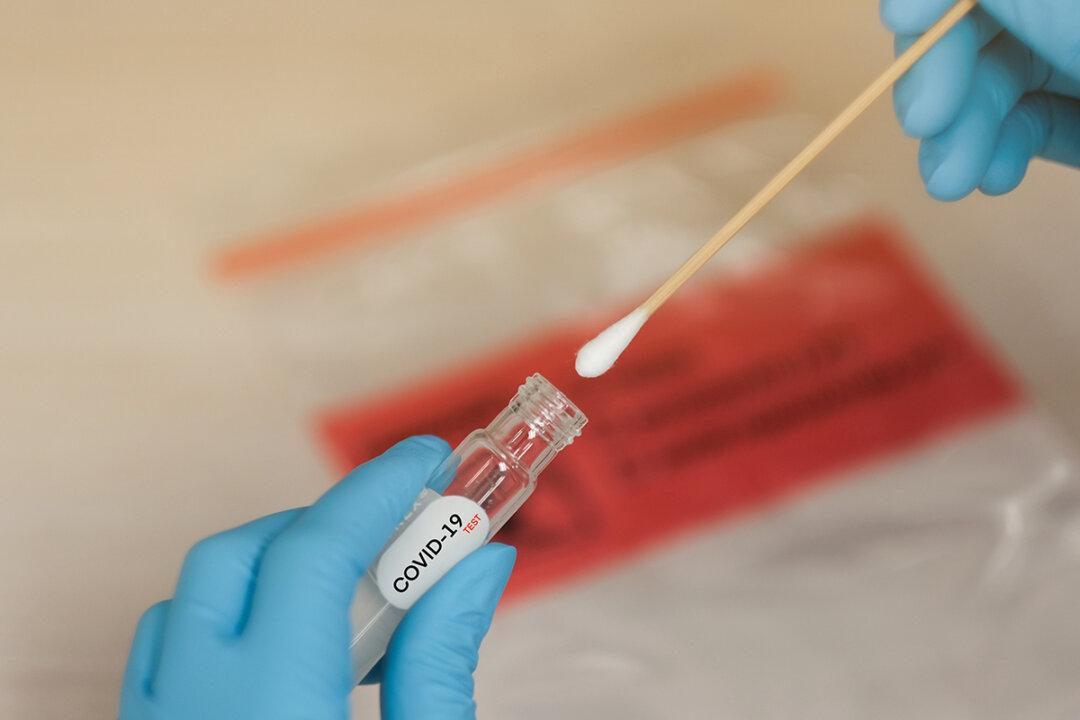Australia’s sovereignty will not be impacted by the World Health Organisation’s health treaty, Australia’s Ambassador for Global Health Lucas de Toca said.
Dr. de Toca made the comments during Senate estimates (pdf) on June 4.

Australia’s sovereignty will not be impacted by the World Health Organisation’s health treaty, Australia’s Ambassador for Global Health Lucas de Toca said.